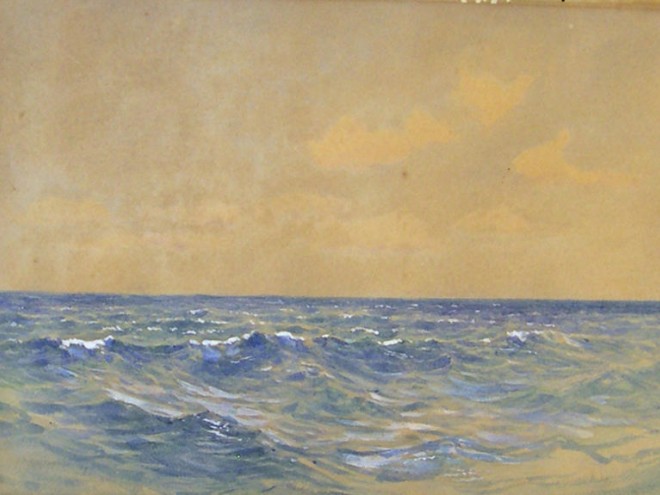Celeste Marconi enjoys a very comfortable life in the Butterfly Hill neighborhood of Valparaiso, Chile until Augusto Pinochet’s government comes to power. Celeste’s parents fear for the family’s safety and send her to live with an aunt in Maine while they go into hiding. Life in rural northern New England is totally unlike anything Celeste has ever known, and it’s hard for her to adjust. She gradually makes friends and gets used to her new home, school, language, and routine. Nonetheless, Celeste is thrilled when it is safe for her to return to Chile. But that also requires some adjustment, for she and Valparaiso have both changed.
One of Celeste’s grandmothers is Jewish, and that comes up on the occasions when the grandmother draws parallels between the fears in Chile and her difficulties in Europe in the 1930s. Celeste writes about the weather, scenery, food and friends old and new in a very poetic style. Occasional grammatical errors and misspellings (for example, “bougainvillea” is spelled three different ways in the text) distract the reader from Celeste’s beautiful language and keen insights (possibly resulting from the book having been imperfectly translated), but this novel gives readers a peek into the difficulties in Chile in the 1970s.
Recommended for ages 11 – 15.





